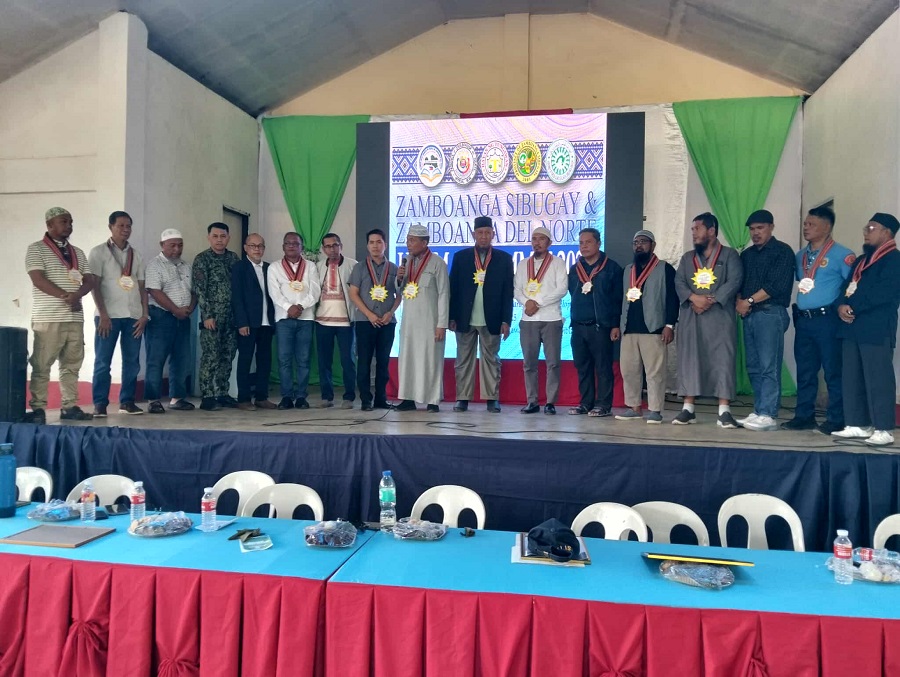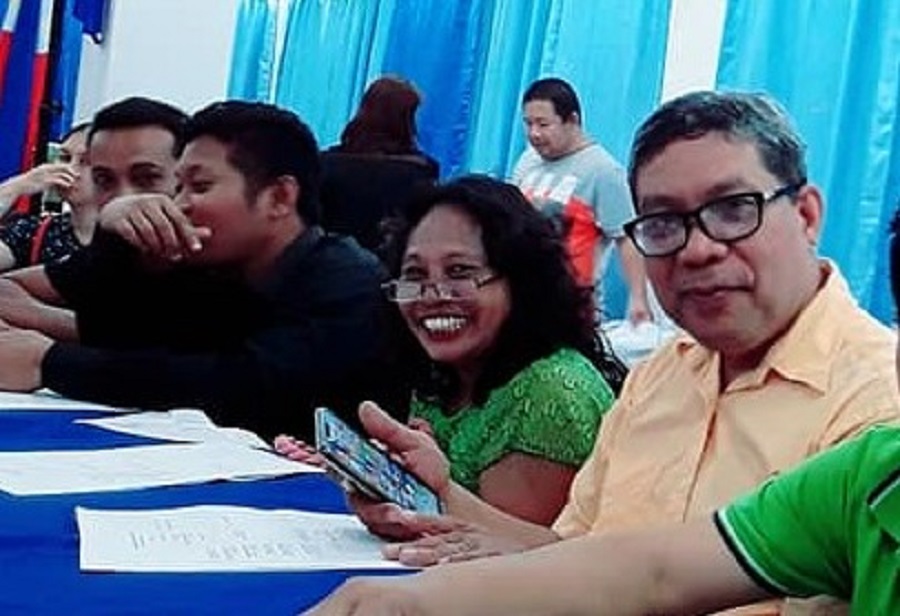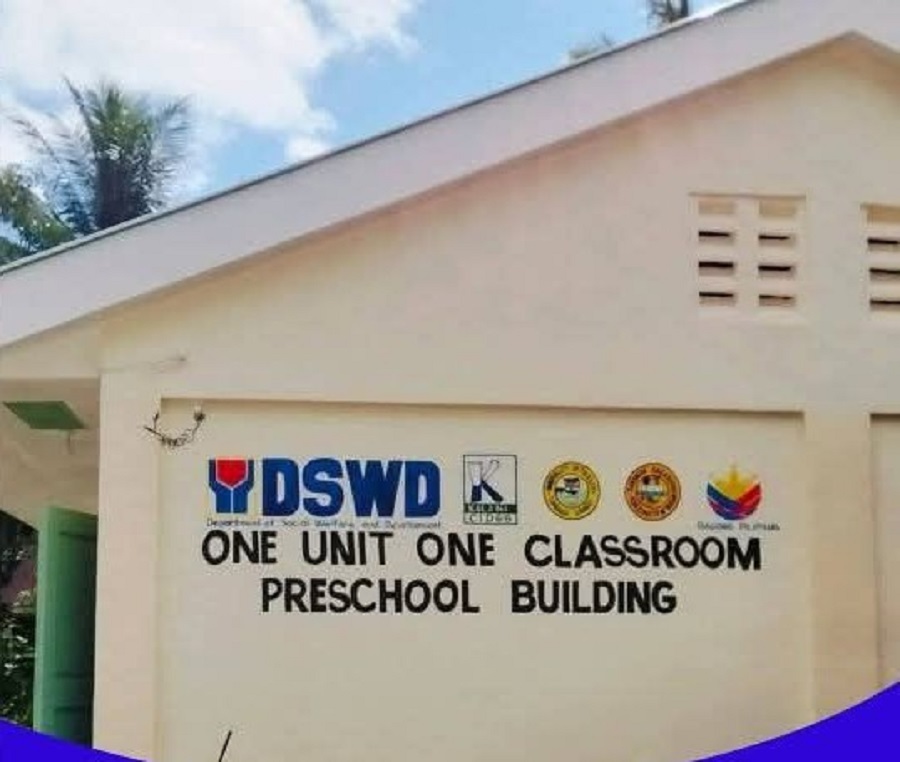TUNGAWAN, Zamboanga Sibugay — The small, predominantly agricultural and coastal municipality of Tungawan is rarely at the center of provincial headlines. But on Sunday, October 19, it became the heart of a significant gathering that carried a message far louder than the hum of its tricycles and the waves that touch its shores.
At the Zamboanga del Norte and Zamboanga Sibugay Ulama Summit 2025, held at the Oval Municipal Covered Court, Muslim scholars and teachers—Ulama and Asatidz—came together under one banner: “Strengthening Ulama/Asatidz Unity for Peace and Development.”
For many, it was just another conference. But for Mayor Angelito “Kuya Lito” Aniñon, it was a moment of transformation—a bold step toward fostering greater harmony and understanding among communities in his town and beyond.
A town at the crossroads of faith
Tungawan sits quietly at the border of Zamboanga Sibugay and Zamboanga City. It’s a place where Christians, Muslims, and Subanen indigenous peoples have learned to live side by side. Yet, beneath the surface of everyday peace, old scars of misunderstanding and marginalization linger.
That’s what made Tungawan an ideal venue. It was not chosen for convenience, but for symbolism. Hosting the summit here meant placing unity at the grassroots—where faith, culture, and history often intersect in both harmony and tension.
“The Ulama and Asatidz are not just religious figures; they are moral beacons in their communities,” Aniñon said. “Bringing them together here in Tungawan is a reminder that peace begins in places like ours, where coexistence is a daily practice, not a slogan.”
A mayor’s vision for inclusive peace
For Mayor Aniñon, supporting the Ulama Summit was more than a ceremonial gesture—it was a statement of governance.
In his administration, peacebuilding doesn’t stop at law enforcement or economic programs. It extends into the realm of moral and spiritual formation. Aniñon has often emphasized that lasting peace must be anchored on dialogue, mutual respect, and moral recovery—principles that resonate deeply with faith leaders.
By doubling down on the Ulama Summit, Aniñon is positioning Tungawan as a model for interfaith harmony in the Zamboanga Peninsula—a town that recognizes the role of religious leaders not just as preachers, but as partners in local governance and social transformation.
Faith and development intertwined
The summit’s theme—“Strengthening Ulama/Asatidz Unity for Peace and Development”—was not just rhetoric. Discussions touched on pressing issues: countering radicalism through education, promoting community resilience, and aligning faith-based initiatives with local development programs.
“Peace and development go hand in hand,” said one Ulama delegate from Siay. “If we can strengthen unity among the faithful, we can also strengthen communities against poverty, ignorance, and extremism.”
Tungawan’s quiet message
As the day drew to a close, the message from Tungawan was clear: peace must be built from the ground up—and it starts with leaders who listen, respect, and act with moral conviction.
“This meaningful gathering served as a platform for dialogue, unity, and collaboration among our respected Ulamas, community leaders, and stakeholders promoting peace, understanding, and moral guidance for the development of our communities,” the mayor said.
In choosing to host the Ulama Summit, Tungawan and its mayor have done more than offer a venue—they’ve offered a vision. A vision where dialogue is not confined to conference halls, but lived out in barangay centers, schools, and homes.
And in a province often defined by its diversity, that vision might just be the quiet force that brings lasting harmony to Zamboanga Sibugay.



